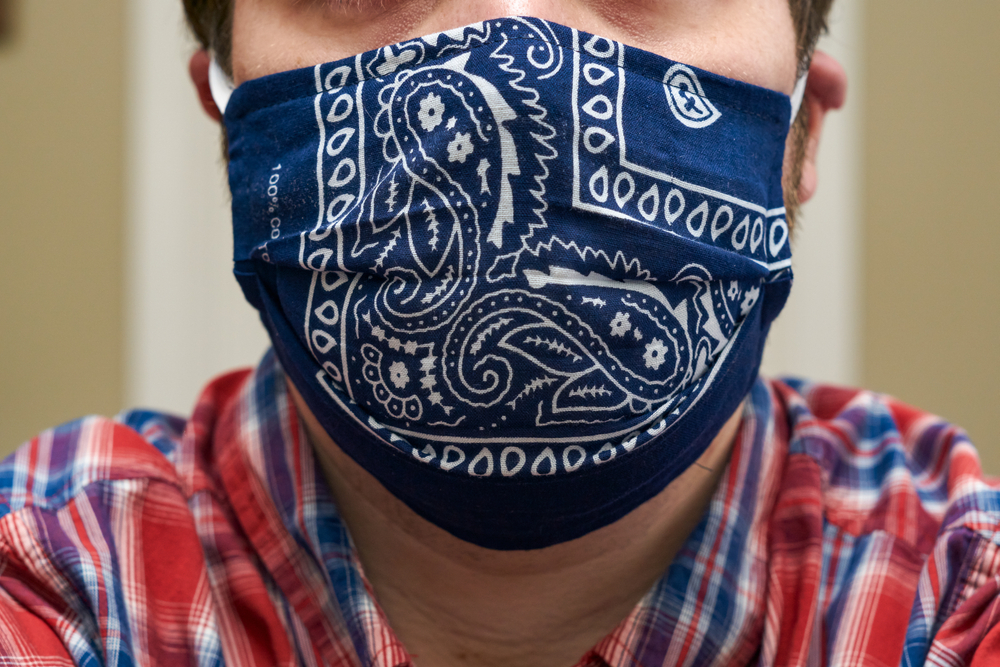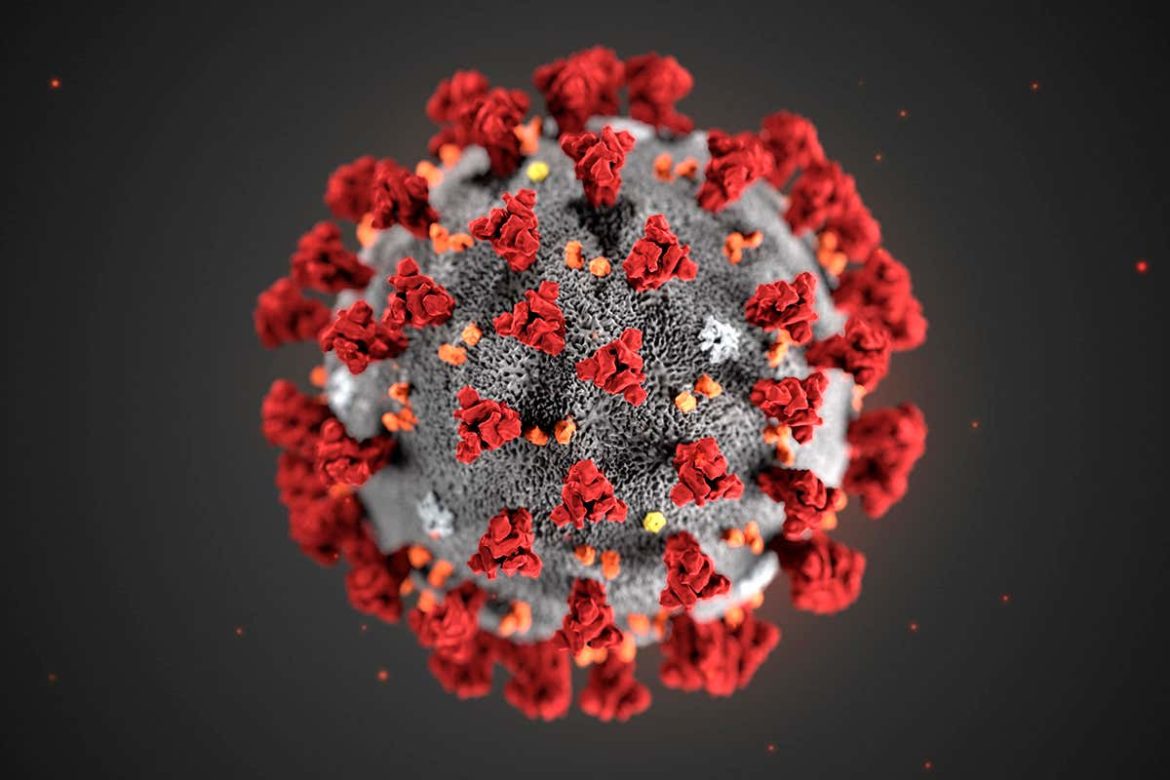COVID-19 has brought the world to a standstill, with most countries currently under restrictive lockdown measures with the population tasked with observing social distancing guidelines. While some countries, such as New Zealand, appear to have tamed the coronavirus, others are still seeing huge daily increases.
As the search for an effective vaccine continues, all that we can do is to control and suppress the infection rate. We know that, without any form of social distancing, the virus’ R number (rate of infection) is three, meaning that every infectious person passes the virus on to another three people on average. Measures taken in countries have seen that R number drop to below one, whereby the pandemic will slowly fizzle out – although as the rate of infection decreases to low levels, localised outbreaks can increase the R number.
The Virus is Here to Stay

Make no mistakes about it, COVID-19 is here to stay. The truth is that, at the time of writing, there has never been an effective vaccine for any coronavirus. However, that doesn’t mean to say that there won’t be with this one, as never before has the world come together in the name of science to tackle one common enemy. Hundreds are being developed with a few now in advanced trials with optimism growing that a vaccine might be available either later this year or in early 2021.
Even with a vaccine, it is unlikely that COVID-19 will be completely vanquished, with smallpox being the only known virus to have been eliminated from human transmission. However, that certainly doesn’t mean that we will be asked to maintain our distance forever with much of society itching to get back to normal once it is safe to do so.
What We Can Do

With the virus taking such a hold on the planet, you might feel powerless to doing something about it. However, this is certainly something that we all have a part to play in and altering our behaviour during this pandemic can go a long way to saving lives. This includes:
- Self-isolating when you experience recognised symptoms of COVID-19 (high temperature, a new continuous cough and the loss or change of sense of taste and/or smell)
- Self-isolating if you have come into close contact with anyone who displays symptoms and/or has tested positive for the virus
- Maintaining a safe distance (this varies between one, one-and-a-half and two metres depending on the territory you are in) from anyone outside of your household or social bubble
- Wearing a face covering when maintaining distance is difficult
- Maintaining good hygiene (washing hands, regular use of anti-bacterial gel etc…)
- Refraining from attending large social gatherings
Supporting Others During Lockdown
As well as the virus itself taking its toll on our lives, the lockdown measures that have been imposed to help curb the infection rate have also been difficult. With many unable to see loved ones for months, the pandemic has placed a great strain on the mental health of millions.
Offering support to those who are struggling, whether that is because they are unable to go outside, need help with their groceries or are feeling lonely and isolated, is something that we can, and should, all do.
It doesn’t take much to pick up the phone to a friend or relative, particularly an elderly one, to check in and make sure they are alright. Offering to take on some of the tasks that they cannot do because they are isolating, or because they do not feel comfortable going outside due to the spread of the virus, takes a great weight off their shoulders.
While the effects of the virus can be deadly so, too, can the effects on to our mental health. Being there for each other has always been important and certainly, now more than ever, we should ask ourselves what we can do to help.

